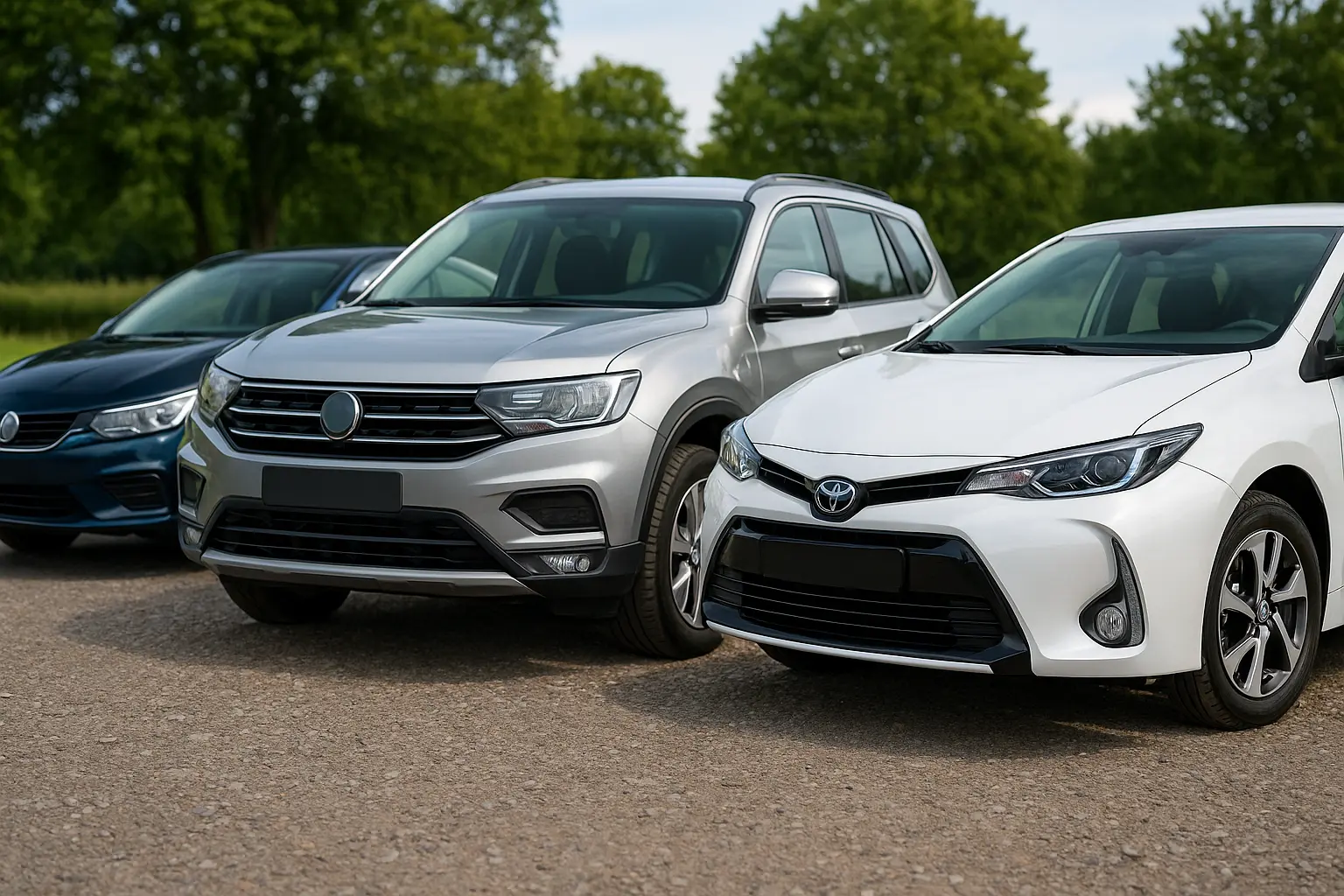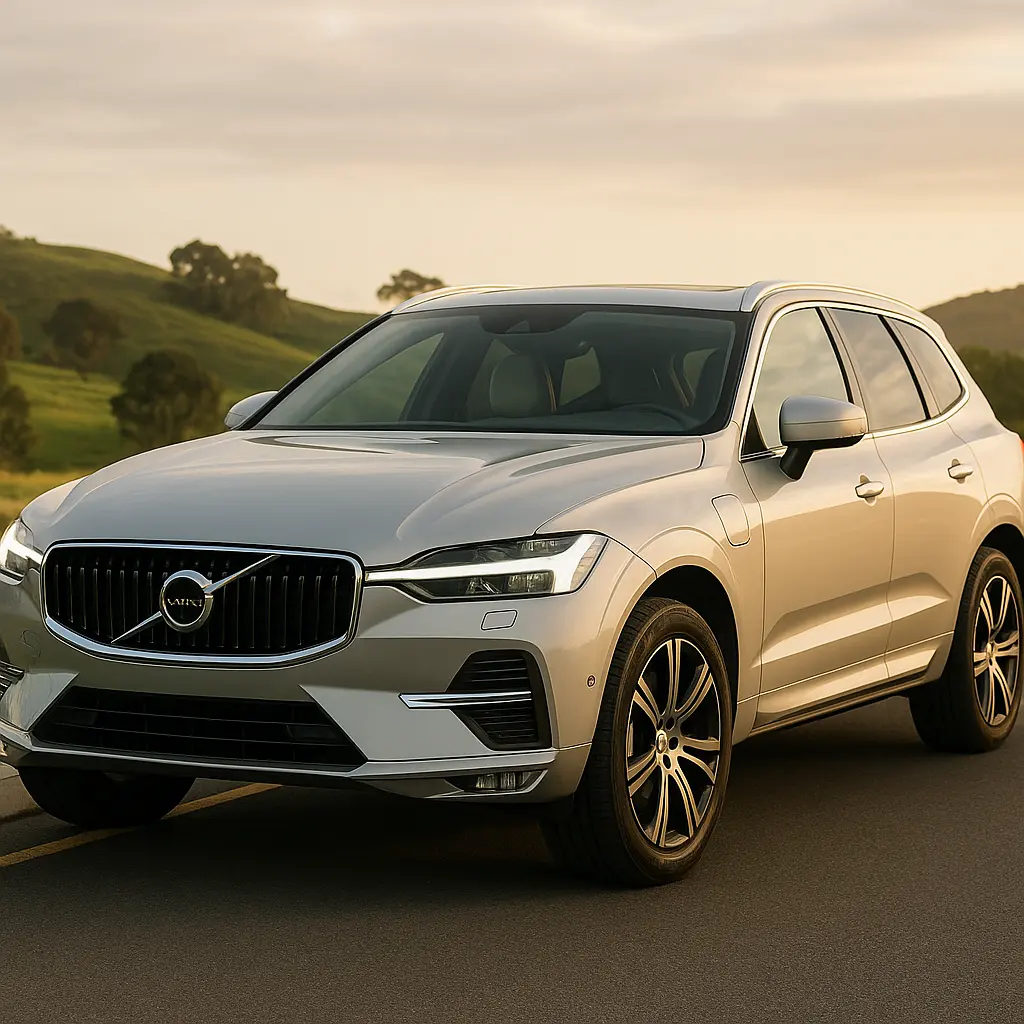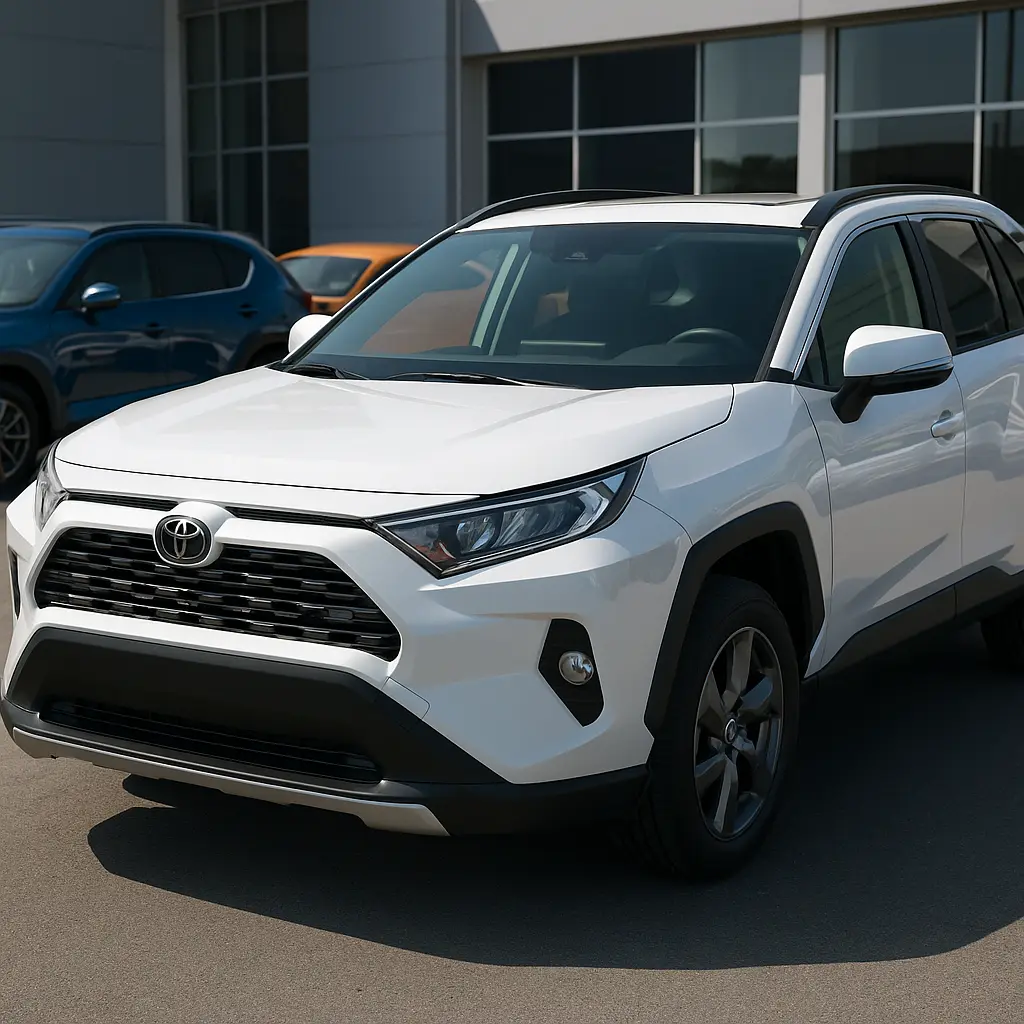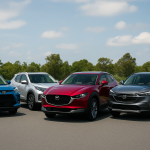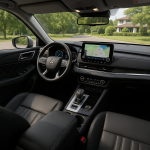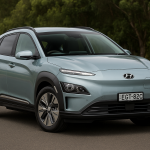In Australia, buying a new car often comes down to more than just brand and price. One of the biggest decisions is what fuel type you should choose: petrol, diesel, or hybrid. With fuel prices fluctuating, emissions regulations tightening, and more Australians considering sustainable driving, this choice has become increasingly important.
While electric vehicles (EVs) are growing in popularity, petrol and diesel cars still dominate the market, and hybrids continue to carve out a strong middle ground. The right choice depends on how you drive, where you live, your budget, and your long-term goals.
This guide will explore the pros and cons of petrol, diesel, and hybrid vehicles, tailored specifically for Australian conditions — from urban commutes in Sydney and Melbourne to long outback drives across Queensland and WA.
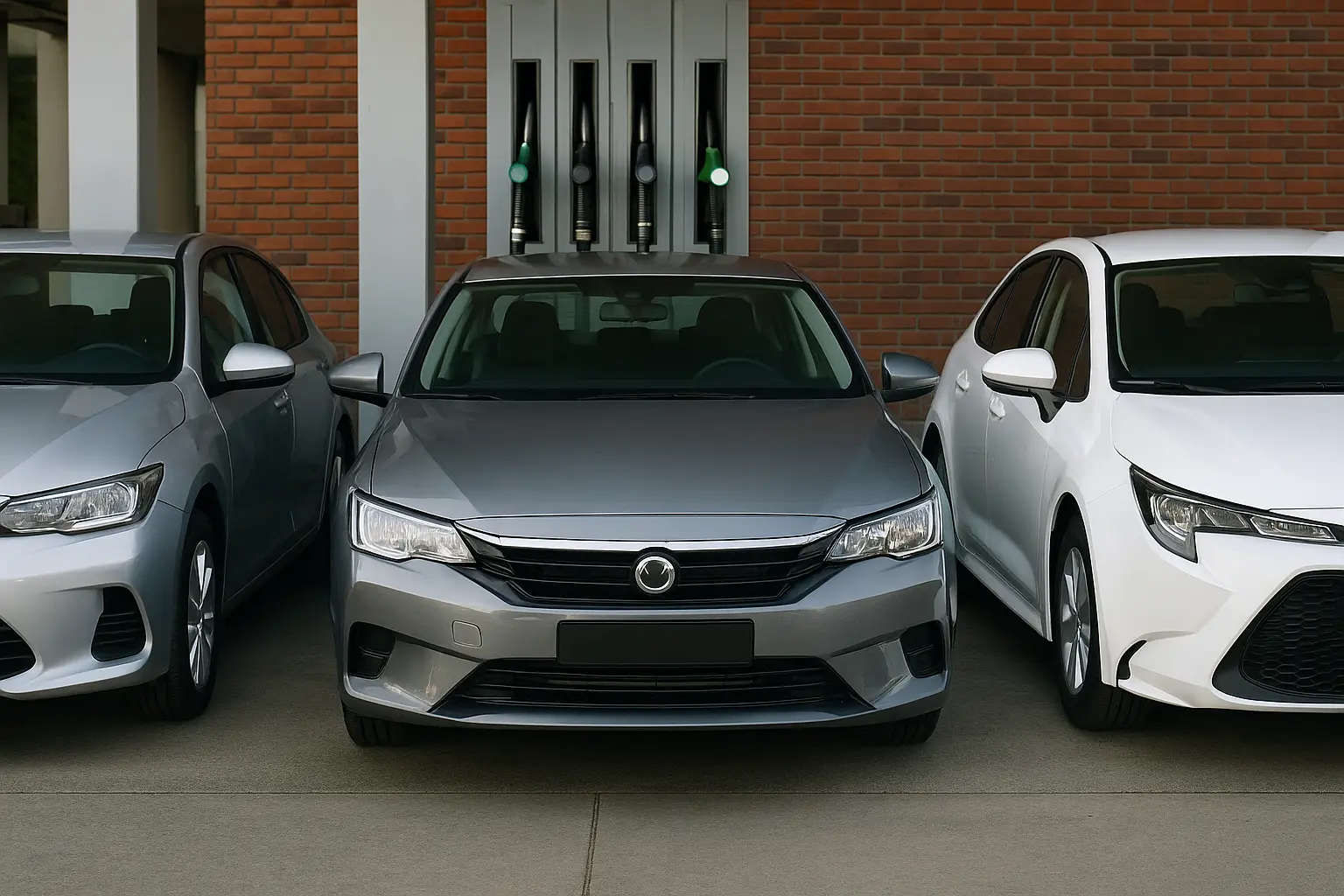
Understanding the Three Fuel Types
Before we dive into comparisons, let’s break down what each option actually means.
Petrol Cars
Petrol engines remain the most common in Australia. They’re generally cheaper upfront, easy to maintain, and widely available at service stations across the country.
Diesel Cars
Diesel cars are known for strong torque and better long-distance fuel efficiency. Popular among tradies, off-road enthusiasts, and caravan towers, diesel engines often excel in regional and rural Australia.
Hybrid Cars
Hybrids combine a traditional petrol engine with an electric motor and battery pack. They don’t need charging like full EVs, instead using regenerative braking and engine power to recharge the battery. Toyota pioneered the hybrid space in Australia with the Prius, and today hybrid SUVs and sedans are booming.
Petrol Cars: Pros and Cons
Advantages
- Lower Purchase Price – Petrol models are typically cheaper to buy new and used compared to diesel or hybrid equivalents.
- Wide Availability – Petrol is accessible at every service station, even in remote regions.
- Cheaper Servicing – Maintenance costs are often lower because petrol engines are mechanically simpler.
- Quieter Operation – Petrol engines generally run smoother and quieter than diesel.
- Best for Urban Driving – Short trips and stop-start traffic suit petrol engines well.
Disadvantages
- Higher Fuel Consumption – Petrol cars often consume more fuel, particularly on long highway drives.
- Lower Torque – Less pulling power compared to diesel, making petrol less ideal for towing caravans or heavy loads.
- Resale Value – With growing hybrid and EV demand, petrol cars may depreciate faster.
- Emissions – Petrol engines emit more CO₂ per litre than diesel, impacting environmental performance.
Diesel Cars: Pros and Cons
Advantages
- Fuel Efficiency on Highways – Diesel engines often achieve 20–30% better fuel economy on long drives.
- High Torque – Perfect for towing caravans, boats, or horse floats, and essential for off-road adventures.
- Durability – Diesel engines are often longer-lasting, especially for heavy-duty work vehicles.
- Resale Value in Rural Areas – In regional markets, diesels remain popular, boosting resale prospects.
Disadvantages
- Upfront Cost – Diesel vehicles usually cost more to purchase than petrol versions.
- Maintenance Costs – Servicing and parts can be pricier due to more complex technology.
- Fuel Price Volatility – Diesel can be more expensive per litre depending on the region.
- Noise and Vibration – Diesel engines are louder and less refined, especially older models.
- Not Ideal for Short Trips – Frequent city driving can clog diesel particulate filters (DPF), leading to costly repairs.
- Future Restrictions – Some global cities are phasing out diesel vehicles due to emissions, raising concerns for long-term ownership.
Hybrid Cars: Pros and Cons
Advantages
- Excellent Fuel Economy – Especially in urban driving where stop-start traffic allows the electric motor to work more.
- Lower Emissions – Hybrids produce less CO₂ than petrol or diesel vehicles.
- Smooth Driving Experience – Near-silent electric operation at low speeds, plus seamless transition to petrol.
- Resale Value – Hybrids are in demand in Australia, holding strong value, especially Toyota and Lexus models.
- Government Incentives – Some states offer rebates, reduced registration, or other perks for low-emission vehicles.
Disadvantages
- Higher Purchase Price – Upfront cost is often $2,000–$5,000 more than petrol equivalents.
- Battery Replacement Costs – Though rare, replacement can be expensive after 8–10 years.
- Less Effective on Highways – Hybrids shine in the city but lose some advantage on long, constant-speed trips.
- Complexity – More advanced systems mean higher potential repair costs outside warranty.
- Limited Towing Ability – Hybrids are not always suitable for heavy towing or off-road work.
Cost of Ownership in Australia
When choosing between petrol, diesel, and hybrid, it’s not just about the sticker price. Ownership costs include servicing, fuel, depreciation, and insurance.
- Petrol – Cheapest upfront but higher running costs due to fuel consumption.
- Diesel – Higher upfront cost but economical on long drives. Servicing can be expensive.
- Hybrid – Higher purchase price but significant savings on fuel, especially for city drivers.
Example:
A family in Sydney driving 15,000 km per year could save over $1,000 annually in fuel with a hybrid compared to a petrol SUV. However, a tradie in rural Queensland towing trailers daily may save more with diesel.
Driving Style and Conditions
City Commuters
- Best Choice: Hybrid or Petrol
- Short trips and congestion suit hybrids, while petrol remains affordable if you want a lower entry cost.
Highway Drivers
- Best Choice: Diesel
- Long-distance touring across highways or the outback is where diesel shines.
Towing and Off-Road
- Best Choice: Diesel
- Strong torque and fuel efficiency under heavy load make diesel unbeatable for towing caravans or 4WD off-road use.
Occasional Drivers
- Best Choice: Petrol
- If you don’t drive much, the simplicity and lower cost of petrol outweigh diesel or hybrid benefits.
Environmental Considerations
- Petrol – Higher CO₂ emissions per kilometre.
- Diesel – Lower CO₂ than petrol, but more harmful nitrogen oxides and particulates.
- Hybrid – Best balance with reduced emissions, although still dependent on fossil fuels.
For eco-conscious drivers, hybrids are the clear winner until EV charging becomes more widespread in regional Australia.
Insurance and Finance
Insurance premiums can vary depending on fuel type. Hybrids may cost slightly more to insure due to higher repair costs, while diesels used for heavy towing sometimes attract higher premiums. Petrol models usually fall in the middle.
Financing also matters — some lenders now offer green loans with better rates for hybrid or low-emission vehicles.
Long-Term Resale Value
- Petrol – Likely to depreciate faster as hybrids and EVs gain ground.
- Diesel – Holds value in rural markets but may decline in cities.
- Hybrid – Strong demand and resale, particularly for trusted brands like Toyota.
Common Myths in Australia
- Myth 1: Diesel is always cheaper. Not true for city drivers — servicing and DPF issues can offset savings.
- Myth 2: Hybrids are weak performers. Modern hybrids deliver strong acceleration and smooth driving.
- Myth 3: Petrol engines are obsolete. Petrol cars remain practical and affordable, especially for low-mileage drivers.
Future Outlook
Australia is slowly transitioning towards EVs, but petrol, diesel, and hybrid cars will dominate the next decade. Hybrids are set to grow fastest in cities, while diesel will remain essential in regional and off-road communities. Petrol will continue to be the cheapest entry point for most buyers.
Conclusion: Which Should You Choose?
- Choose Petrol if you want an affordable, simple car for occasional or urban driving.
- Choose Diesel if you tow regularly, travel long distances, or live regionally.
- Choose Hybrid if you mainly drive in the city, value fuel savings, and want lower emissions.
Your lifestyle, driving habits, and budget should guide the decision. For many Australians, hybrids are becoming the “best of both worlds,” but petrol and diesel still hold their ground for specific needs.
Leave a comment
Your email address will not be published. Required fields are marked *


